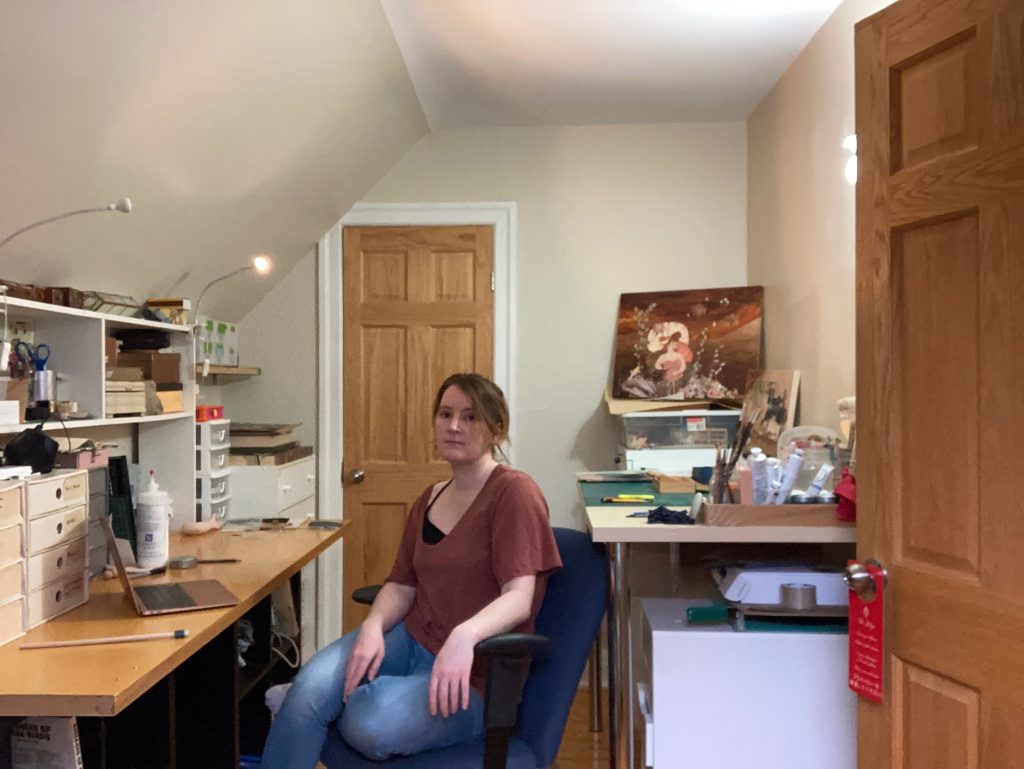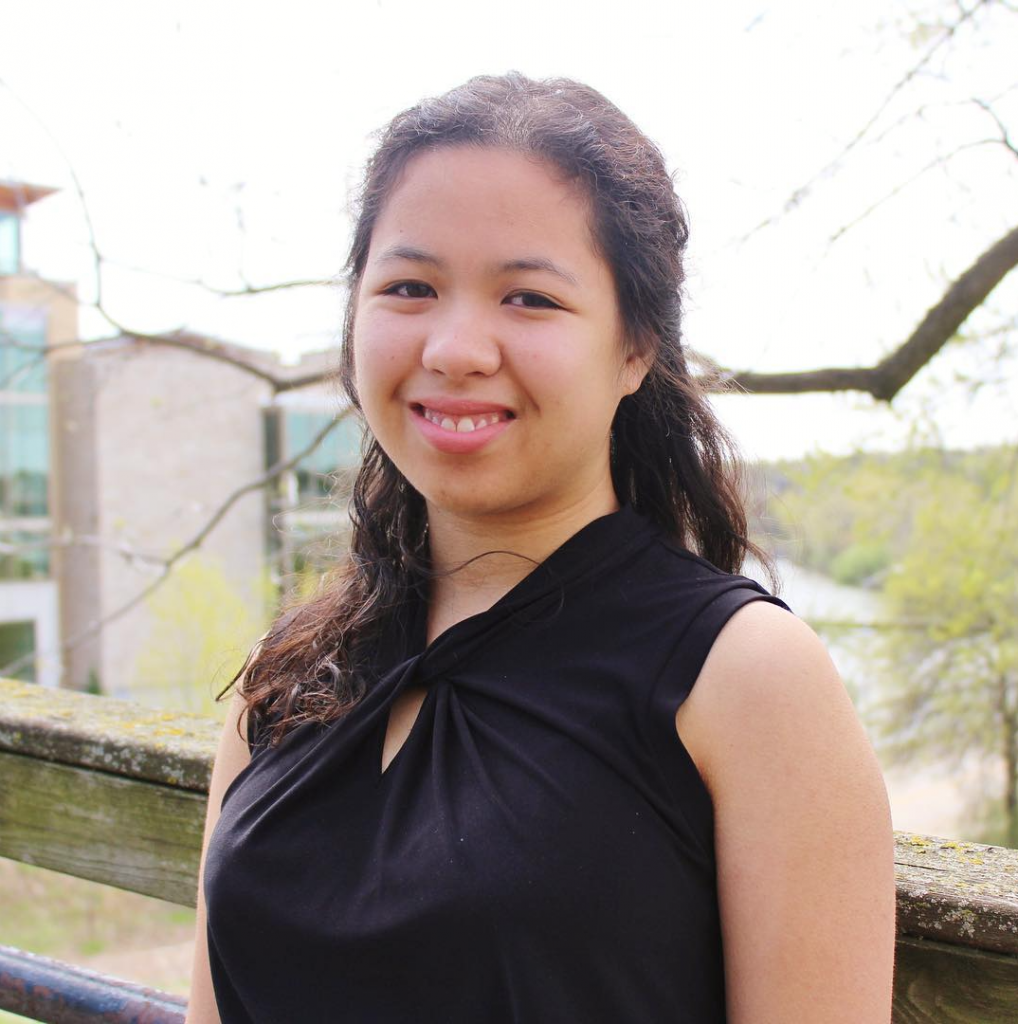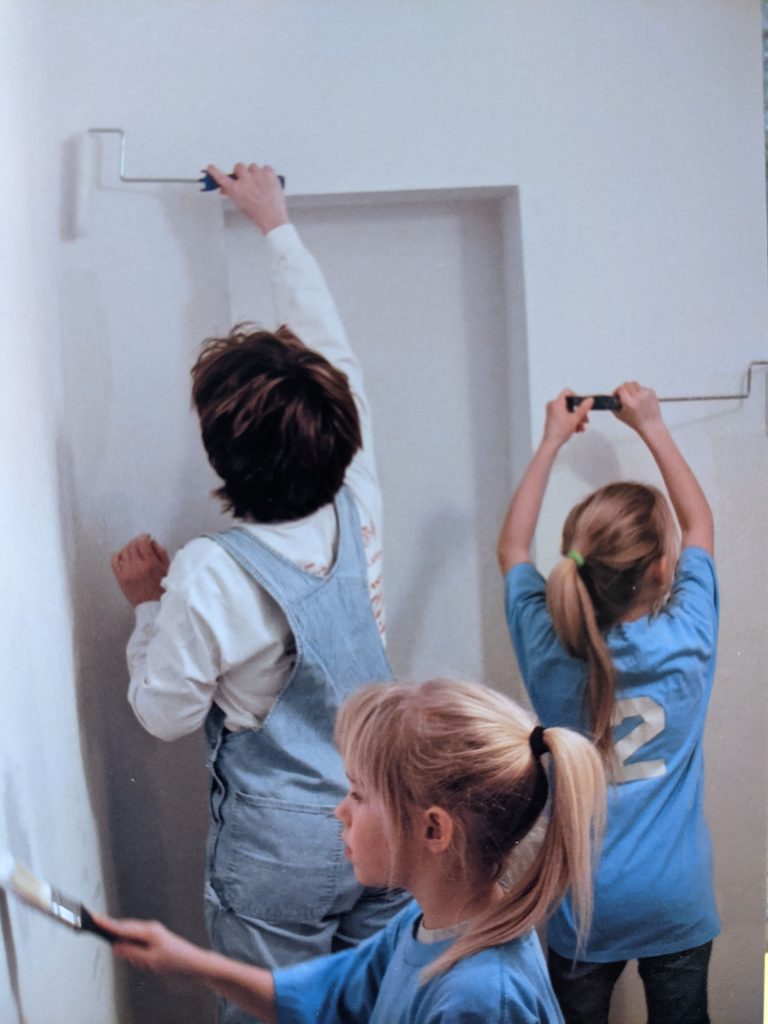A year has passed since COVID-19 protocols were first initiated around the world. People’s homes have become more than a place to lay one’s head at the end of the day, but rather living, working, teaching, and learning spaces. With this project, we use oral history to uncover ideas of “home” during the pandemic. However, “home” is conceptually hard to pin down. “Home” has been investigated through a wide variety of lenses, from anthropology and sociology to architecture and folklore, which begs the question: is “home… (a) place(s), (a) space(s), feeling(s), practices, and/or an active state of being in the world?” (Mcgregor, 2012, p. 62). How do you define something inherently ambiguous? Therefore, rather than ask “what is ‘home’?,” we instead wonder “what might ‘home’ be?.” Through a series of three interviews, people tackle their own concept of home and recollect how navigating the pandemic over the past year has influenced their experiences and meanings regarding home.


